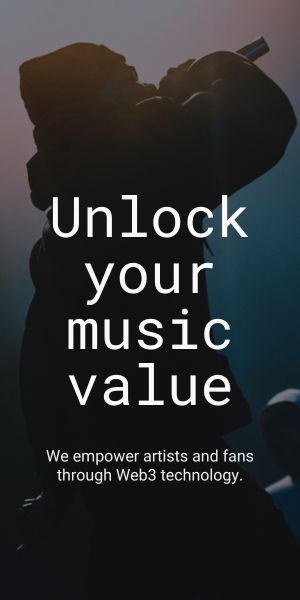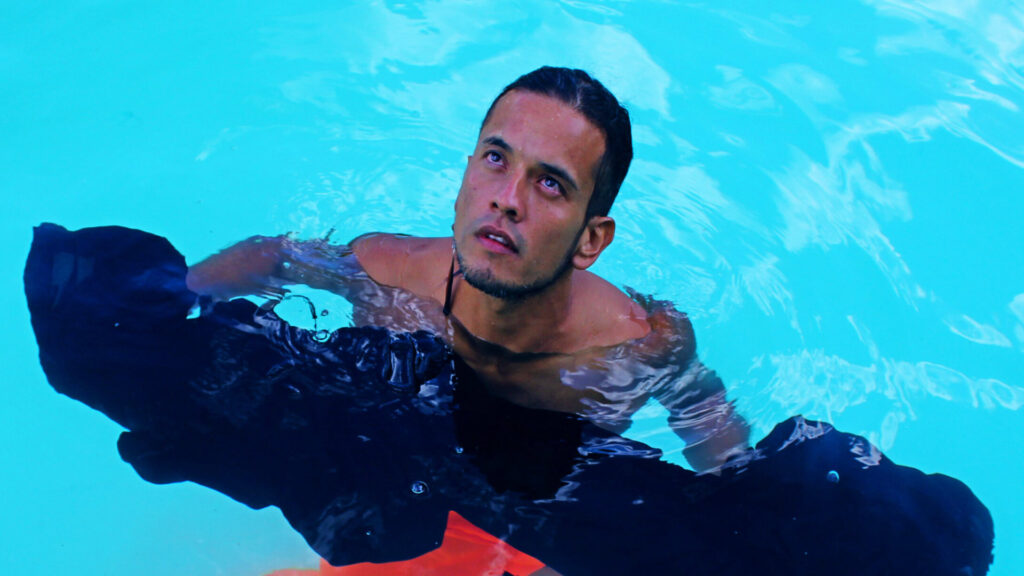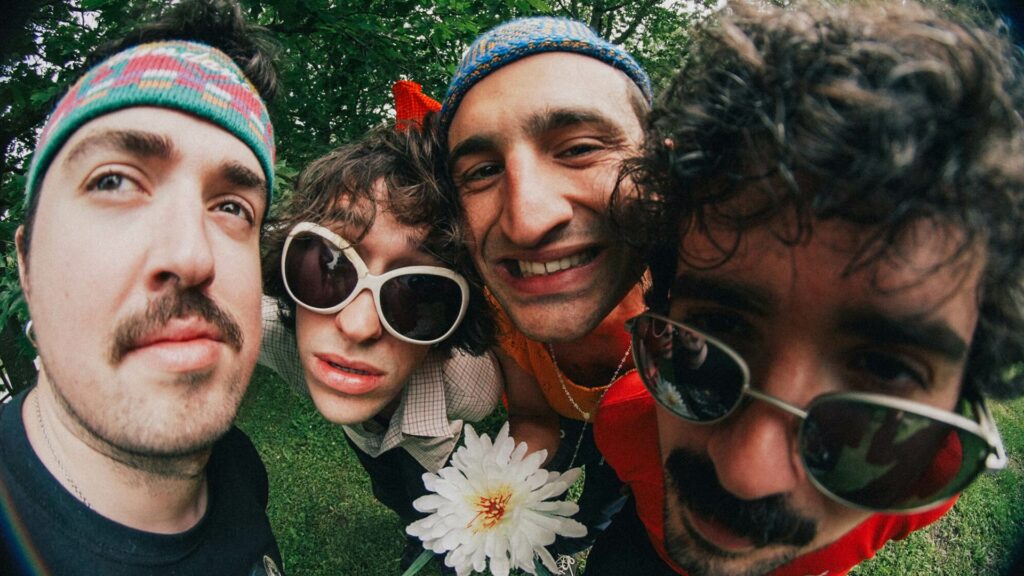LMHR (Love Music Hate Racism) Newcastle is continuing to demonstrate its unwavering commitment to social and musical harmony following its successful Refugee Fundraiser event on Saturday, October 11th 2023. LMHR was created in London in 2002 as an extension of similar cultural ideas initiated by the late 1970s movement Rock Against Racism. Having conquered its Southern territory, the Northern branch is doing everything it can to improve local cultural diversity.
The organisation has long been a beacon of unity, using the universal language of music to counter intolerance and division. Recently, their impactful event supporting refugees has extended a hand of solidarity and catalysed awareness and appreciation for diverse cultural expressions in the region. Held at Bobiks, one of the city’s most loved independent music venues, LMHR Newcastle organiser Mike Dixon reveals just how necessary this event was.
Can you begin by explaining the purpose behind creating this event and what you hope it achieves?
“The main intention behind our Refugee Fundraiser was to raise money and awareness about refugees. There’s a lot of racism and division coming from the Right as a whole against refugees, and it’s important to stand up for them. They’re fleeing their own countries because of discrimination, and they shouldn’t have to come here to face even more. I think it’s important for creatives to have a voice and take it to the stages to make a difference. Newcastle has a bit of a tradition in that respect, and events like these do make a significant difference in forming a cultural identity for the city. With this gig in particular, we’ve definitely come at the right time. We had a number of different speakers attending who really shed some light on the current situation, which was incredibly informative for our audience.”
Alongside the speakers, a number of local musicians also performed in support of this meaningful cause. These included Neo-Soul artist Georgia May, 10 Piece World Music band The Crossings Band, Rapper and Hip Hop artist Max Gavins, as well as Acoustic Duo Maria & James. With tickets completely selling out, the overwhelming turnout and positive responses certainly reciprocated all of the hard work and effort put in behind the scenes by Mike and the other LMHR volunteers.
Mike, was there a wider message you were aiming to send out to the North East and beyond?
“I do believe that certain cities and areas in the UK don’t do much of what we’re doing. Some places, like Glasgow, have great reputations for carrying the LMHR branding or putting on events that support minority communities, but others don’t make as much effort as they should. Music, in general, doesn’t get enough credence for how much of a role it plays in repairing societal issues such as racism. It becomes about unification and freedom and can play a vital role in breaking down barriers. But I think as well as spreading a particular message to reach wider communities, the beauty of LMHR is that it’s not just always about fundraising; it’s about supporting local musicians and creatives who also believe in what we’re all about. That’s the wider message.”
In terms of the music you showcase, is there a main style or genre you usually go for?
“We bring different genres together and we were never scared of doing that from the outset. It works because of the inherent nature of our group – where the diversity of musical genre, musical background and musical influence come together. We don’t like to pick a certain style, but we tailor our choice of acts depending on what fits with each event or venue. For instance, our last gig at The Lubber Fiend was a Black History Month event, so we configured a lineup of predominantly musicians of colour, but the musical styles were so varied. We had Garage, Techno, House and more, which was great. A lot of club nights and band nights seemingly stick to just one genre, but at LMHR, we never do that. We often have people in the audience who specifically come for one act but discover a brand new artist that they love because they’re being exposed to alternative music. It’s very rewarding to witness.”
The ripple effect of this event is palpable in the community. It has hopefully sparked conversations, bridged gaps in understanding, and heightened awareness about the challenges faced by refugees. By intertwining music with a humanitarian cause, LMHR successfully nudged the needle on public consciousness, fostering empathy and galvanising support for those in need.
In a world often divided by borders and beliefs, Love Music Hate Racism’s event supporting refugees in Newcastle stands as a shining example of how music and unity can transcend barriers. Through their powerful event, they have opened hearts and doors, promoting a more inclusive and culturally diverse future for the region. People from various backgrounds came together to enjoy music and embrace the tapestry of cultures that now weaves through the North East. It’s safe to say we’re excited to see what LMHR Newcastle deliver next.
Follow Love Music Hate Racism Newcastle.
Next story


